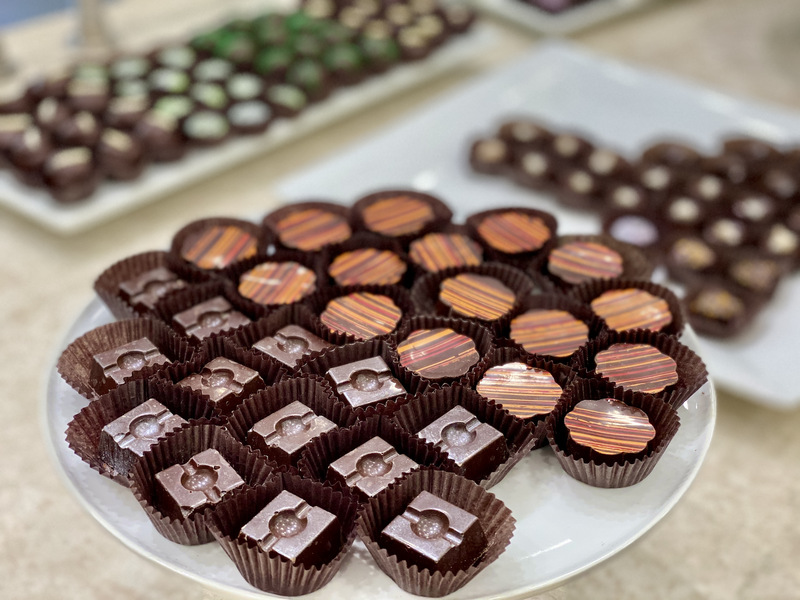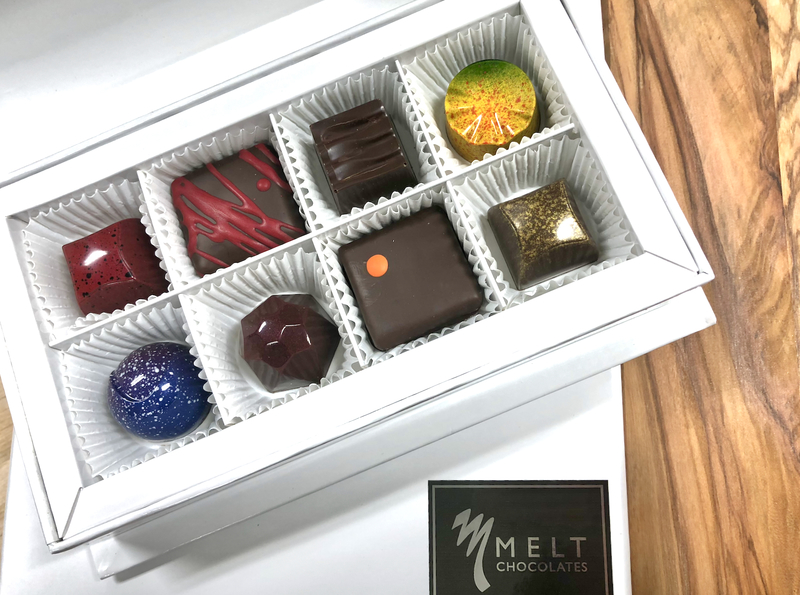The ancient Mayans treasured it. Europeans fell madly for it. Who would have thought that chocolate had such a rich history?
The Milwaukee Public Museum knew, and their new exhibit, "Chocolate: The Exhibition" is bound to feed the mind, as well as the stomach.
The exhibit allows visitors to trace the history of chocolate, from its discovery 3,000 years ago, to chocolate production today. From the rainforest to the grocery store shelf, the voyage of chocolate is shared, allowing visitors to learn all about this popular product.
To cater the experience to all senses, a chocolate aroma is released into the air inside the exhibit, along with candy factory sounds. Every section of the exhibit teaches and entertains, providing both hands-on and visual elements.
Carter Lupton, curator of the exhibit, is excited to provide the untold story of chocolate.
"This exhibit provides the whole history -- where it started, to the chocolate (we) understand today," says Lupton.
And there are plenty of interesting facts to take in.
"Chocolate began as a very bitter product and has been in liquid form for most of its life," says Lupton. "It was used in solid form only in the last couple hundred years."
Vintage materials on display include old Baby Ruth, Mars and Whitman's advertisements, and classic candy bars such as Shaq's Mr. Big Bar, Reggie Jackson Bar, and the Chicago White Sox Bar.
If your mouth is watering by the end of the exhibit, a chocolate shop at the end will satisfy any cravings, offering decadent chocolate from around the world, as well as books, ornaments and bath and body products.
Clearly, nothing has been left out of "Chocolate: The Exhibition," and Lupton couldn't agree more.
"It shows all facets of chocolate."
"Chocolate: The Exhibition" runs through Jan. 1, 2006 and is free with museum admission: adults (16-61) $9, seniors (62+) $8 and children (3-15) $5.50. Milwaukee County residents with identification get free admission to the museum every Monday.
The Milwaukee Public Museum, 800 W. Wells, is open Monday-Saturday, 9 a.m. to 5 p.m. and Sunday, noon to 5 p.m.
The museum's Web site is mpm.edu.





